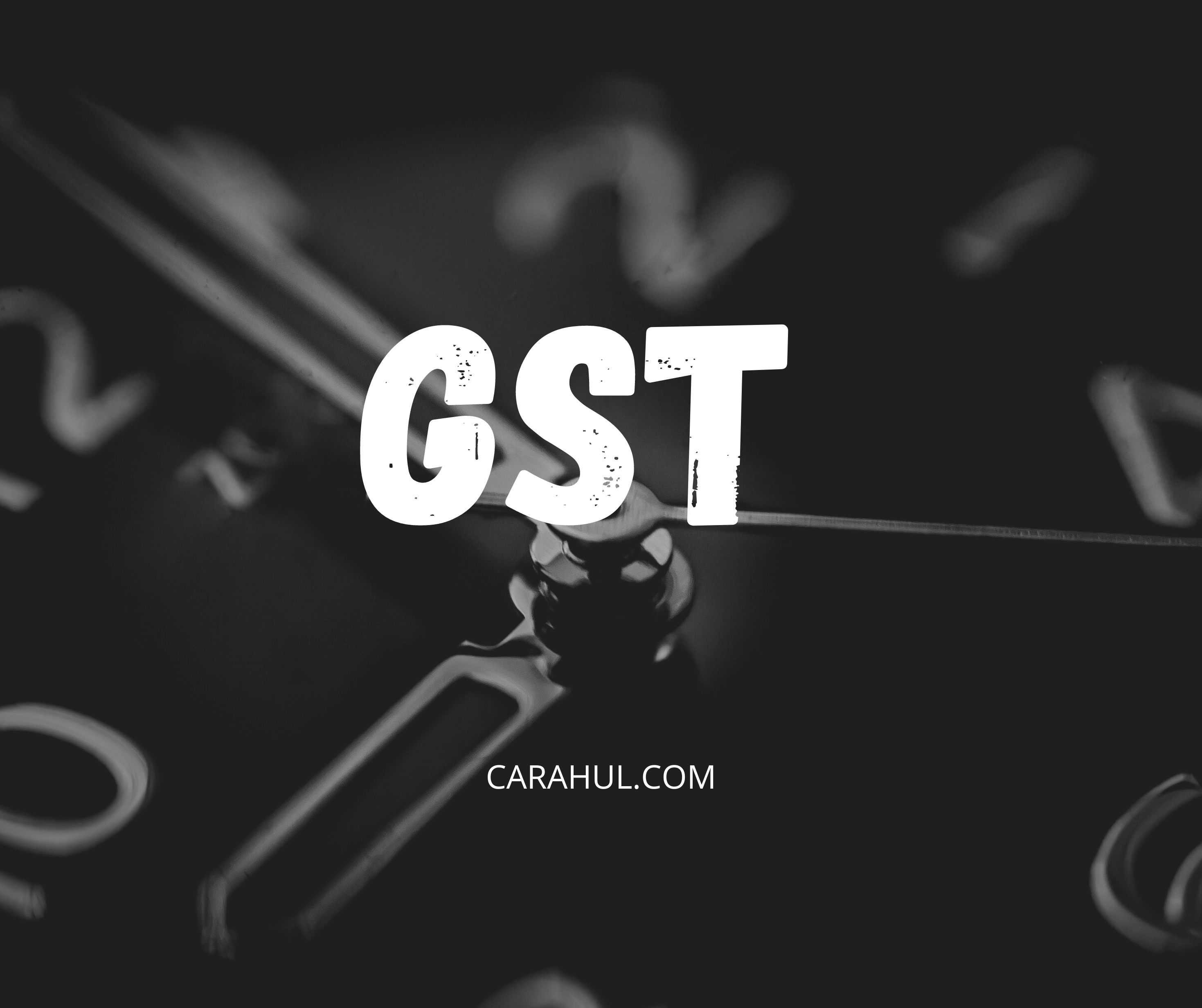
Major GST Proposals Announced in Union Budget 2023-24
Feb 03, 2023
The
indirect tax proposals announced by the Finance Minister Nirmala Sitharaman aim
to reduce tax burden and improve tax administration. On the customs front,
several rates have been rationalised. Some of the major proposals of the
Finance Bill under the GST law have been summarised below

Input Tax Credit cannot be claimed on goods/services used for CSR activities: Budget 2023
Feb 02, 2023
The Budget on Wednesday proposed certain amendments in GST
Act and said that input tax credit cannot be claimed on goods/ services used or
intended to be used for Corporate Social Responsibility (CSR) activities. The
amendments in the Central GST Act has been brought through the Finance Bill,
2023.
The amendments propose to decriminalise certain
offences under the indirect tax law and double the threshold for launching
prosecution under the tax law to Rs 2 crore. It, however, retained the limit at
Rs 1 crore for fake invoicing cases.

How to resolve mushrooming GST disputes
Jan 25, 2023
The Goods and Services Tax (GST) was introduced with a stated
objective to rationalise the indirect tax ecosystem of India creating a common
national market for goods and services. �Ease of doing business�, economic
growth and price rationalisation were the cornerstones of this �one nation-one
tax� initiative. The success and effectiveness of tax reforms largely depend
upon a robust dispute settlement system, which caters to efficiency in the
disposal of disputes, while keeping litigation costs low.
Under GST, disputes arise from differences in
tax paid by the assessees and the computation of tax liability by authorities.
Such tax disputes can arise due to various reasons during assessment, audit
and/or scrutiny of records/accounts, viz. rate of tax, a claim of tax
exemption, the claim of an input tax credit, incorrect determination of place
of supply, nature of supply (composite or mixed supply), classification of
goods and services, etc. While GST is touted to remedy the proliferation of tax
disputes and simplify tax administration, early experiences point to the
contrary.

Jan 25, 2023
Recently, a functionality of "Automated Drop
Proceedings" of GSTINs suspended due to non-filing of returns has been
implemented on the GST Portal. This functionality is available for the
taxpayers who have filed their pending returns i.e. 6 monthly or 2 Quarterly returns.
If such taxpayers have filed all their pending
returns, the system will automatically drop the proceedings and revoke
suspension.
If the status of the GSTIN does not
automatically turn �ACTIVE�, then taxpayers are advised to revoke the
suspension once the due returns have been filed, by clicking on �Initiate Drop
Proceeding� for which navigation is as follows:
"Log on to GST Portal > Services >
User Services > View Notices and Orders > Initiate Drop Proceeding"
In case the system does not automatically drop
the proceedings or taxpayer is unable to revoke the suspension by clicking on
�Initiate Drop Proceeding�, then taxpayer is advised to contact Jurisdictional
Officer.

Direct recovery of GST in case of discrepancies between GSTR-1 and GSTR-3B
Jan 18, 2023
As an outcome of the recent 48th GST council meeting, the
manner of dealing with difference in liability reported in statement of outward
supplies (GSTR-1) and that reported in return (GSTR-3B) has been codified in
the form of Rule 88C of the CGST Rules. This rule is likely to affect the
taxpayers in case of any discrepancies between the supplies reported in GSTR-1
and GSTR-3B. The onus will be on the taxpayers to ensure compliance.
The first question that arises in mind is
whether this rule has got a statutory backing. The answer to this question
apparently seems to be a yes. Section 75(12) of the CGST Act provides for
direct recovery of unpaid or short-paid self-assessed tax as per GSTR-3B
without following the demand procedures laid down under the CGST Act.

New Income Tax Return Forms for AY 2023-24 notified by CBDT: ITR 1-6, ITR-V details here
Feb 15, 2023
New ITR forms for AY 2023-24: New Income
Tax Return (ITR) filing forms for individuals and businesses for Assessment
Year 2023-24 (FY 2022-23) have been notified by the Income Tax Department.
Through a notification dated February 10, the Central Board of Direct Taxes
(CBDT) notified ITR forms 1-6, ITR-V (verification form) and ITR
acknowledgement form. (Read: What�s new in New ITR forms)

Feb 15, 2023
New UTR (Unique
Transaction Reference) forms for AY 2023-24: The Income Tax Department has notified Income Tax
Return forms (ITR 1-6) and Income Tax verification form (ITR V) for the
assessment year 2023-24. These forms will be used for return filing for income
made in FY 2022-23.
The last date for ITR filing for AY 2023-24 is
July 31. The tax department has notified the ITR forms for AY 2023-24 early
compared to previous years. Last year, the CBDT notified the forms for AY
2022-23 on March 30.

Budget 2023 proposal for Angel tax on non-resident investments is problematic
Feb 14, 2023
If we ran a poll on the most oft-quoted reactions by tax professionals
to the Finance Minister�s Union Budget Speech each year, the adage �the devil
is in the detail� is likely to figure high. While this year�s budget overall appears
to be well-balanced though walking a tight rope between continuing an economic
stimulus through capital expenditure spends and fiscal prudence, after going
through the fine print of the tax proposals, we found the inevitable devil in
the proposed amendment to the so-called �Angel tax� provisions.
The deemed income provisions (under Section
56(2)(viib) of the Income-tax Act, 1961) require Indian companies to offer to
tax, any consideration received on allotment of shares with share premium in
excess of the fair value of the shares (as per prescribed tax rules). As they
currently stand, the provisions can apply to Indian companies raising funds
only from resident investors, but the budget proposes that their application
should be tested irrespective of whether the investor is a resident or a
non-resident. The provisions were introduced as anti-abuse rules that were
meant to curb money laundering arrangements
Search
Categories
Recent News
- income Tax
- Implementation of Mandatory Mentioning of HSN Codes in GSTR-1
- Advisory on Sequential Filing of GSTR-1
- Finance Minister Proposed, Common ITR form for all Taxpayers
- Finance Ministry Extends ITR Filing Deadline for Companies
- CBDT Extends Deadline for Filing TDS for Non-Salary Transactions
- Change Your Income Tax Regimes While Filing Revised ITR
- Finance Ministry say, "Taxpayers check AIS quarterly & report discrepancies"